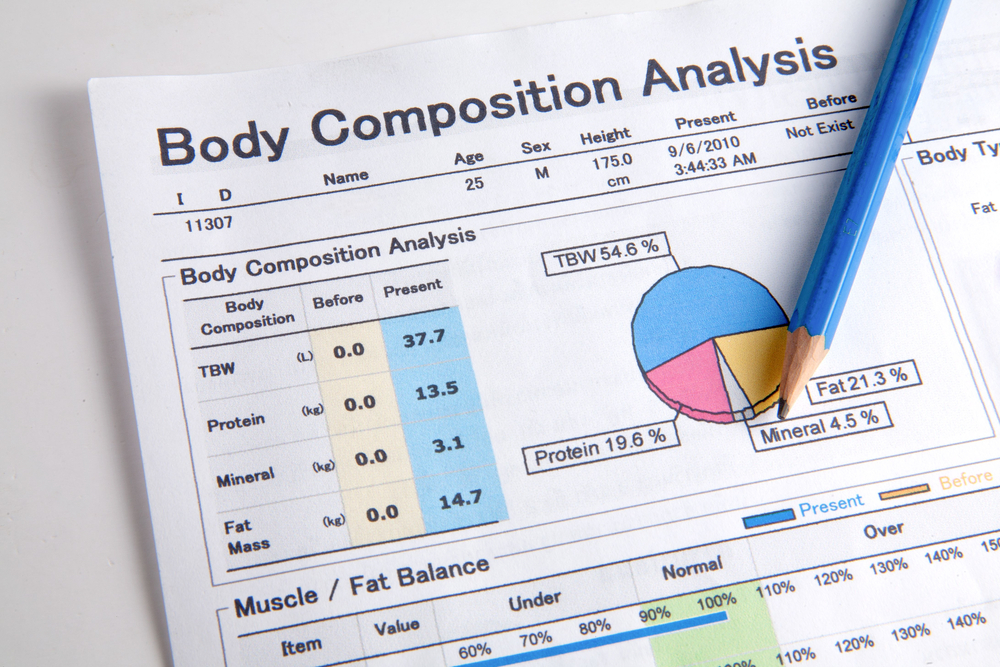Motivation is a great thing when it comes to achieving your fitness goals. If you’ve got a specific weight loss goal in mind that you’re motivated to might feel like the best way to achieve it is to push yourself as hard as you can, as often as you can. However, as this blog will explain, this ‘no days off’ approach may be keeping you from your goals.
In this blog, we’ll explore what rest days are and why they’re key to achieving your health and fitness goals – especially if you’re hoping to lose some body fat.
What are rest days?
In the simplest terms, a rest day is a day when you’re not training. These days allow your body to recover from the work you’ve done in the gym. Progress doesn’t happen while you’re training. It happens while you recover. Think of the exercise you do as the stimulus and your rest days as the times when your muscles adapt and grow.

The number of rest days an individual needs will vary depending on a variety of factors, including their age, training age, injuries or injury history and even personal preference or schedule.
Typically, at an absolute minimum 2 days of rest a week would be necessary for the general population.
From a physiological standpoint, rest days fulfil a number of functions.
During rest days, the body has a chance to recover from any soreness in the muscle allowing, meaning this won’t be a limiting factor when you’re back in the gym.
More importantly, this is when you can repair and build muscles. Exercise creates microscopic tears in muscle tissue. During rest days, cells called fibroblasts repair and build up the muscle tissue. Think of your training as the stimulus and the rest days as the time when your muscle actually grows.
Exercise depletes glycogen (a form of energy stored in muscles) levels, which leads to muscle fatigue. Rest days allow the muscles to replenish their glycogen stores, thereby reducing muscle fatigue and preparing the muscles for their next workout.
Improper training volume is one of the main causes of injury, so taking the time to step back, recover and give your body a break can help offset the risk of injury.
From a psychological perspective, rest days allow you to make time for the other parts of your life. Using this time to spend time with friends and family or pursue another hobby you enjoy. If you don’t take a break from it, your training program can start to feel like a grind. When this happens, it becomes less and less likely you’ll be consistent.
Won’t rest days slow down my weight loss?
A common misconception when it comes to weight loss is the importance placed on calories burned during your session.

If weight loss was as simple as blasting out 1000 calories in a HIT class, everyone’s weight loss journey would a lot more straightforward. Not only will this increase your cortisol levels (the ‘stress hormone’), which may cause your body to hold onto fat, and be difficult to recover from, it’s likely that you’ll make up for the huge calorie expenditure by reducing your activity for the rest of the day.
Your body likes homeostasis (staying the same) and will do what it can to resist change. Running yourself in the ground for an hour may lead to a decrease in your Non-Exercise Activity Thermogenesis (NEAT) through the rest of the day as your body tries to ‘make up’ for the calories burnt.
The greatest number of calories you burn in a day will come from your Basal Metabolic Rate (BMR). This is the calories burned simply keeping you alive and fuelling the different functions of your body. This makes up around 60% or your daily calories burn. After that it’s NEAT which makes up around 25%. Next it’s the Thermic Effect of Activity (TEA), which is your daily exercise at around 10-15%. The rest is made up by the Thermic Effect of Food (TEF) which is the energy it takes to digest the food you eat. So, if you’re burning 2500 calories a day, only around 250 of that will actually be from exercise.
Therefore, missing out on the couple of hundred calories you may have burnt in your training session on a rest day is not going to be what keeps you from losing weight. In fact, taking the time to recover, keep your cortisol levels low and catching up on some sleep is going to do far more for your weight loss goals than pushing yourself to the limit every day.
Taking a rest day doesn’t mean you need to do nothing all day. In fact, one of the best things you can do on a rest day is some light exercise like taking a walk or a low intensity bike ride. Keeping your body moving will allow your muscles to feel better. There’s no reason the number of calories you burn on a rest day needs to be significantly lower than on a day where you train.
Why are rest days important if you’re trying to lose weight?
No matter what your goals are, taking sufficient rest days is a cornerstone of any training program. Even professional athletes will take time off to recover. If you don’t allow your body enough time to rest and recover, you’re asking for an injury. Nothing will derail your progress more significantly than having to stop training altogether!

Training is a stressor. When it’s not managed properly, the stress it causes can cause havoc with your hormones. In particular, your cortisol levels, which will stifle your body’s ability to burn fat. Don’t fall into the trap of burning yourself out by going too hard.
In terms of diet, you may think it would be beneficial to cut the number of calories you eat on rest days. However, when we consider rest days as the days where we grow and recover, it becomes clear that adequate nutrition to fuel this recovery is vital.
If you’d like to talk to our team about how we can support you to lose body fat in a healthy way, why not get in touch?

